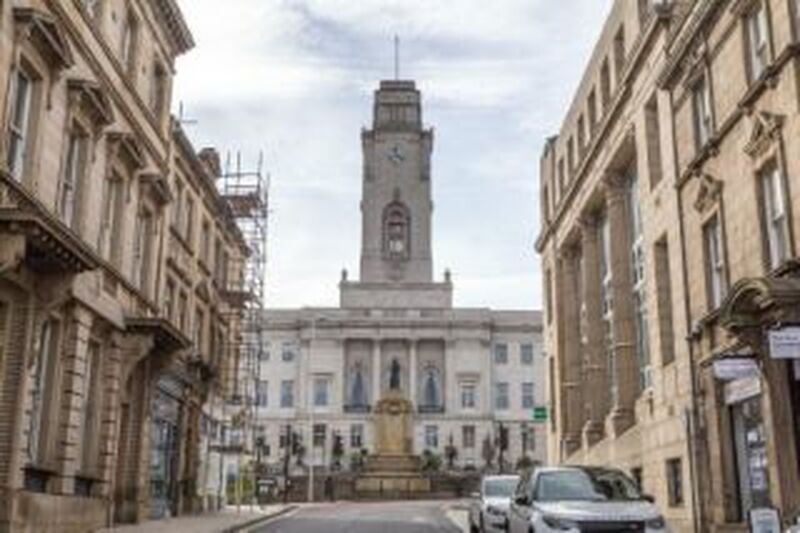MORE than £10m in cash reserves will be released by Barnsley Council finance bosses due to higher-than-expected costs placing a ‘significant’ strain on its budget.
A report revealed the council spent £7.7m on children’s social care, £5.6m on increased pay rates, £4m on rising energy bills - blamed on inflation - and £1.1m on home-to-school transportation in 2022/23.
Reserves previously set aside in the budget - which were effectively ringfenced should financial woes be encountered to plug the gaps - have been recommended to be released to mitigate the expenditure, totalling £10.5m.
A report, compiled by finance director Neil Copley, said: “Significant risks continue to arise which, without detailed mitigation plans, are not sustainable in the medium to long-term.
“Therefore, the council’s senior management team are in the process of reviewing the approved budget for 2023/24.
“Overall, there have been higher-than-anticipated cost pressures experienced over the past year totalling £10.48m.
“The annual inflation rate rose to a high of 11.1 per cent during 2022/23 and while the outlook for inflation has improved significantly, many forecasters remain cautious.
“The concern is that the bout in inflation - as a result of the reopening of economies after Covid-19 restrictions followed by commodity issues due to the invasion of Ukraine - has been embedded in inflation expectations and therefore pricing behaviours of firms and wage expectations of employees.
“Inflation could remain stubbornly high, due to core inflation (which excludes items such as food and energy) and price rises remaining widespread across the economy due to a relatively tight economic environment.”
In the 2022/23 financial year’s penultimate quarter, there was a projected overspend of £12.1m across the board, but the report - due to be discussed by ruling cabinet members on Wednesday - suggests the situation eased in the year’s final quarter.
Children’s services overspent by £6.9m - less than the £7.6m estimation - which predominantly relates to the cost of looked-after youngsters in the council’s care, but extra costs were accrued in other directorates such as environment and transport, which declared a £166,000 increase in fuel costs and almost £500,000 less than envisaged in car parking takings.
However, no new long-term loans were entered into by the council in the last financial year - although it’s been warned that an external borrowing totalling £144.8m by the end of 2024/25 is required, of which £71m will be on fixed-rate terms.
“A degree of caution must be used in terms of interest rate forecasts and long-term decision-making,” the report added.
“The economy narrowly avoided entering into a technical recession, however gas prices remain more than twice their pre-pandemic level which, when added to the stagnation in business investment since 2016, the recent rise in labour market inactivity, and the slowdown in productivity growth since the financial crisis, there remains weak underlying momentum in the UK economy.”




























